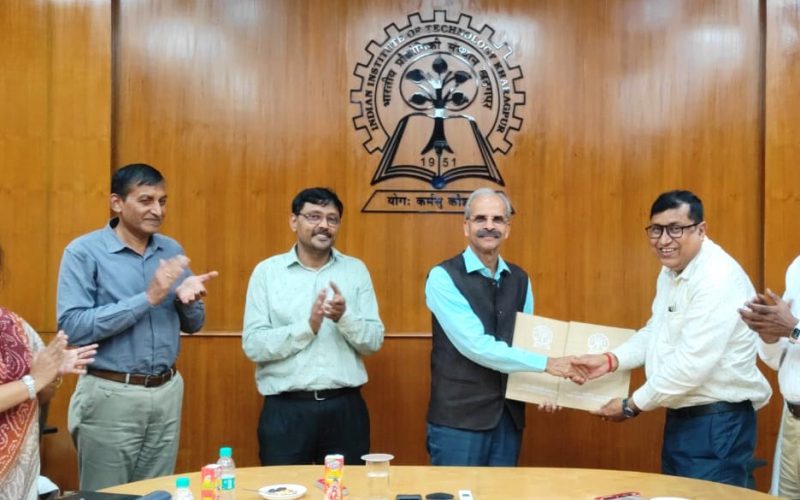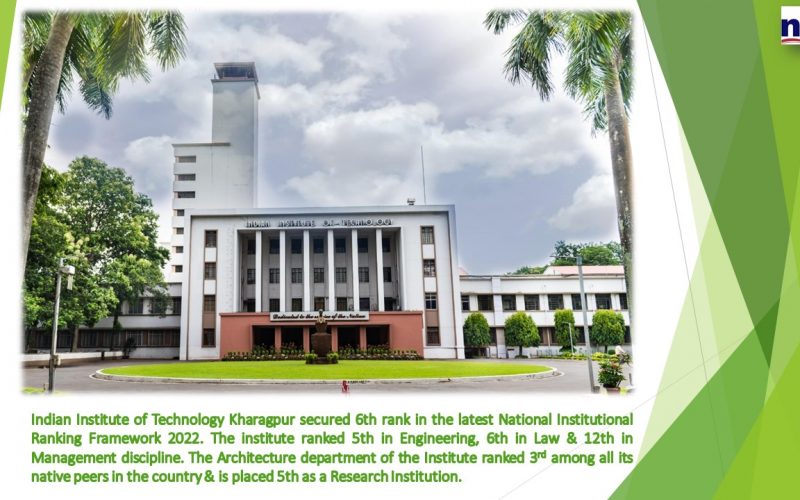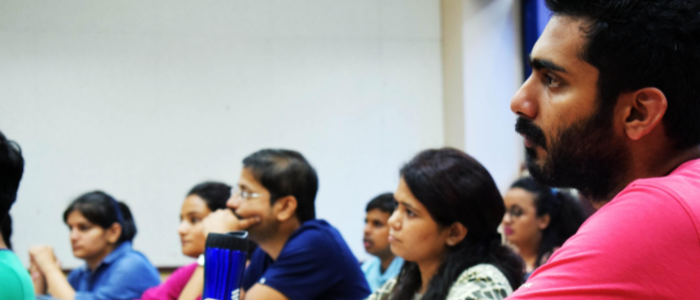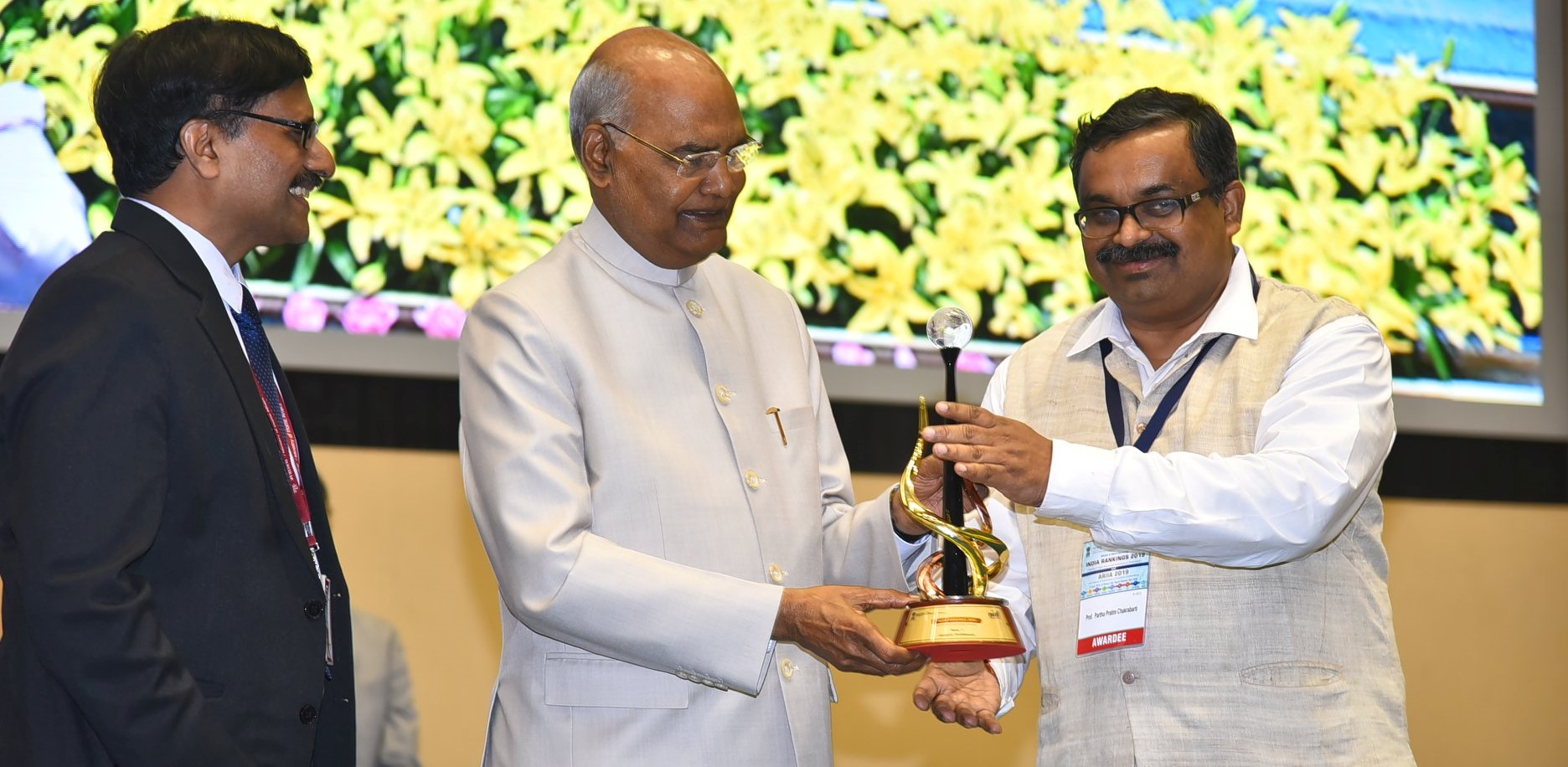
IIT Kharagpur signs a MoU with National University of Juridical Sciences
Indian Institute of Technology Kharagpur signed a MoU (Memorandum of Understanding) with the West Bengal National University of Juridical Sciences (NUJS) to organize joint academic programme and faculty support for various courses to contribute knowledge and literature in multidisciplinary domains identifying areas of studies and research leading to patent rights, copyrights and other intellectual property rights in accordance with polices on intellectual property. The MoU was signed by Dr. Nirmal Kanti Chakrabarti, Vice-Chancellor, WB National University of Juridical Sciences in the august presence of Prof. V K Tewari, Director; Prof. Dipa Dube, Dean, Rajiv Gandhi School of Intellectual Property Law;…





